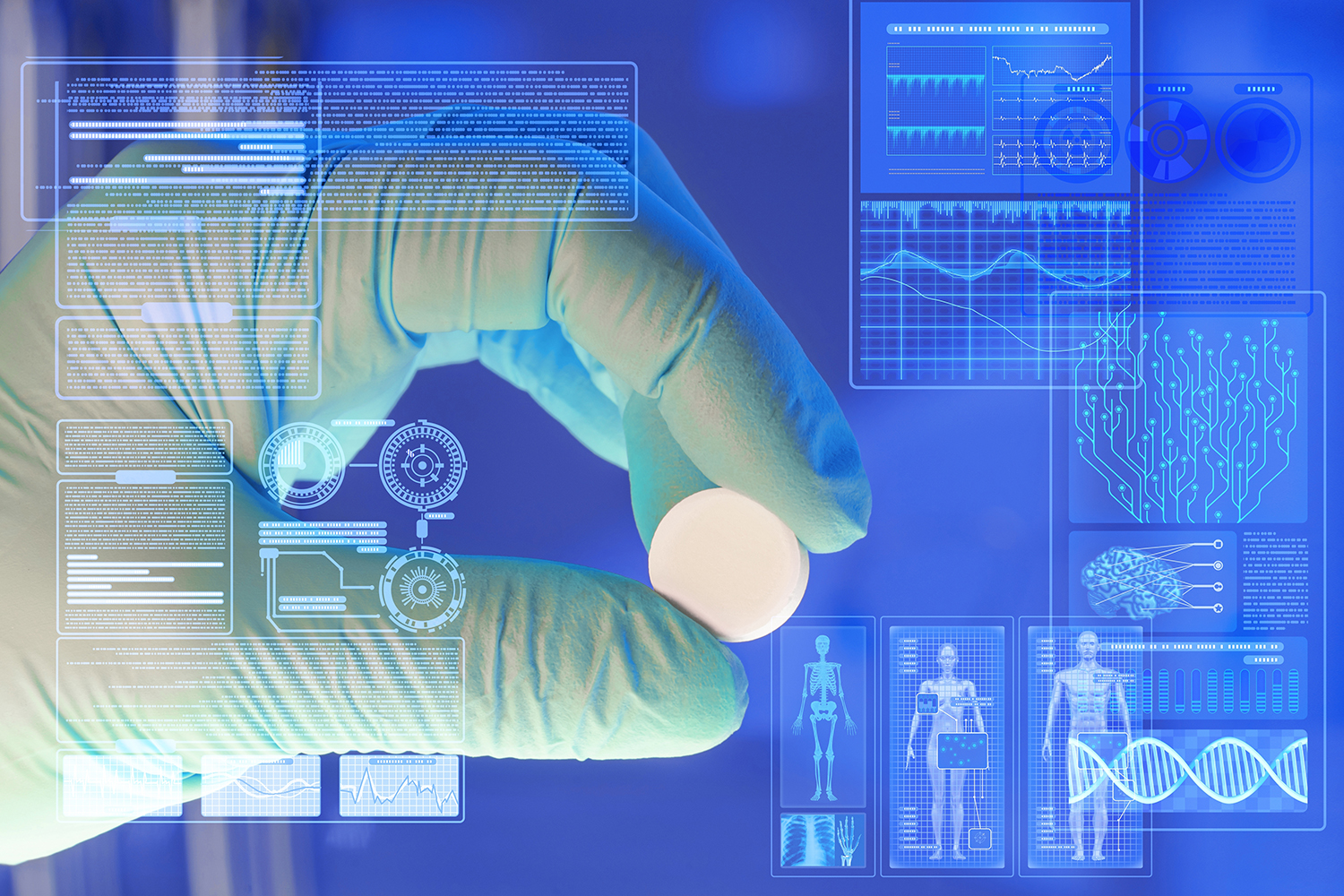Overview
As we stand on the cusp of a new era in healthcare, the integration of Artificial Intelligence (AI) has emerged as a transformative force, reshaping the landscape of diagnostics, treatment planning, and patient care. This blog delves into the profound impact of AI on modern medicine, exploring how it is revolutionizing traditional practices and paving the way for more efficient, accurate, and personalized healthcare solutions.
 The Role of Artificial Intelligence in Modern Medicine
The Role of Artificial Intelligence in Modern Medicine
Precision Diagnostics:
A new era of precision diagnostics is being ushered in by AI. Large-scale datasets, such as genetic data, medical images, and patient records, can be analyzed by machine learning algorithms to find patterns and anomalies that the human eye might miss. Artificial intelligence (AI) is dramatically improving the diagnostic abilities of medical professionals, from identifying early disease signs to delivering more precise and timely diagnosis.
Treatment Planning and Personalization:
Treatment planning has undergone a paradigm shift with the introduction of AI, moving towards more individualized and focused strategies. AI systems can evaluate patient data to forecast how a patient will react to particular treatments, allowing medical professionals to customize interventions according to a patient’s particular genetic composition, way of life, and medical background. With less negative effects, this individualized approach may increase treatment efficacy.
Predictive Analytics for Proactive Care:
Healthcare providers are now able to take a proactive rather than reactive approach to patient care thanks to AI-powered predictive analytics. Artificial intelligence (AI) can detect patterns and risk factors in patient data over time, facilitating early intervention and preventive measures. In addition to potentially improving patient outcomes, this move towards proactive care could lighten the overall load on healthcare systems.
Virtual Health Assistants:
Artificial intelligence-powered virtual health assistants are improving patient experiences and fostering improved patient-provider communication. In addition to answering questions and providing information, these digital assistants can also serve as reminders for appointments and medication. Better adherence to treatment plans is the outcome, as evidenced by a more involved and knowledgeable patient population.
Streamlining Administrative Tasks:
AI is simplifying administrative work as well as transforming clinical aspects of healthcare. The automation of repetitive administrative tasks, like data entry, scheduling, and billing, frees up healthcare personnel to concentrate more on patient care. This increase in efficiency helps to optimise healthcare resources and save costs.
Challenges and Ethical Considerations:
Despite the fact that AI has many advantages for healthcare, there are obstacles and moral issues that need to be recognised and resolved. These include concerns about algorithmic bias, data privacy, and the need for explicit laws to guarantee the moral and responsible application of AI in healthcare settings.
How can ERemedium help?
ERemedium is India’s largest health literacy platform and leading Healthcare Digital platform with a presence in over 5,000 Hospitals and clinics, impacting 20 million patients monthly.
ERemedium works closely with over 10,000+ Doctors to better engage and communicate with patients by 3D videos
MEDXPLAIN: Medxplain is a cloud-based content subscription platform for doctors which acts as a bridge between a doctor and a patient. Medxplain increases patient satisfaction and promotes health literacy at the moment of most significant impact. Doctors can now communicate over 1,000 conditions, procedures, and treatment options with patients in an unprecedented way. The content platform can be opened easily on a mobile, tablet, laptop, or desktop.
The platform comes with full-blown customization and personalization options with exciting features such as real-time sharing, personal content upload, bookmarks, etc.
For more information: https://medxplain.eremedium.in/
MEDCOMM: 22” Touch screen signage embedded with 3D videos personalized to specialty and care settings. Doctors can now communicate over 1,000 conditions, procedures, and treatment options with patients in an unprecedented way. Medcomm enables quality consultation in less time by use of a copyrighted content library consisting of 3D anatomy, and gesture-driven patient information animations. A centralized knowledge base of the latest research, clinical tools, and medical information at your fingertips. Medcomm is also capable of running promotions which ultimately helps in the digital marketing of pharmaceutical companies.
For more information: https://eremedium.in/medcomm/
MEDIO: Medio uses OPD Waiting Area TV to increase patient satisfaction, ease waiting time, and promote health literacy at the moment of greatest impact. Doctors use it to promote services, facilities, latest updates and high quality 3D videos to ensure patients feel a connection to your practice. Medio runs 3D patient education Speciality videos and empowers patients with condition-specific videos, and much more while they are waiting to meet the Doctor. Content is approved by top medical associations and personalized to Doctor’s Speciality and Care Setting.
For more information: https://eremedium.in/index.html#Medio


